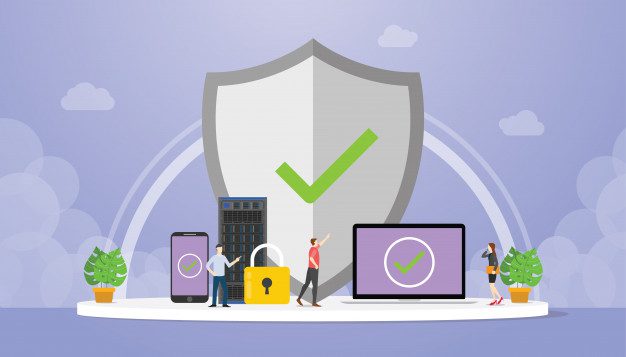• ETC community will be able to upgrade to IOHK’s Mantis codebase, which can run the entire ETC network
• Mantis combines ETC’s ‘code is law’ principle with innovations in security, scalability and governance to solve 51% hacks and proposes a decentralized treasury to fund future development on the platform
• ETC community will now decide how the project will move forward
9th December 2020: Global blockchain research and development company IOHK has announced that it is relaunching the ‘Mantis’ client, which was originally developed for Ethereum Classic (ETC) by IOHK in 2017. The decision to relaunch follows the recent 51% attacks on Ethereum Classic, which have exposed vulnerabilities in the protocol, making it clear that ETC is in need of enhanced security and innovation. The Mantis client aims to do this by introducing security measures and a decentralized treasury to fund future projects. Mantis is software that connects to other clients on the Ethereum network in a peer-to-peer manner, and is the only client that is written natively for Ethereum Classic, allowing it to offer high levels of assurance, security and usability.
To address security concerns, Mantis is introducing checkpointing, a formally proven solution for mitigating 51% attacks. It is also based on the Scala programming language, which offers robust security guarantees. Alongside security, it proposes a decentralized treasury which will fund the development of projects that provide additional utility for ETC, achieving greater adoption of the protocol and drawing new blood, with new ideas into the ETC ecosystem, helping to guarantee its long-term future. Part of that greater innovation will better enable advances in scalability and governance. Mantis will also use Runtime Verification’s ‘K’ framework to give more sophisticated techniques for smart contracts verification and more predictable gas costs, making the platform more appealing, both to developers building smart contracts and end users looking for a cost-effective secure blockchain platform.
Charles Hoskinson, CEO of IOHK, said: “Ethereum Classic has reached a philosophical crossroads – the level of hashrate, price depreciation and activity on the chain all indicate that ETC needs to take a new direction. As a result, we have decided, alongside others, to inject some more life into the ecosystem. If we can achieve that, not only will ETC thrive, but it will have the chance to fully realise the original ‘code is law’ philosophy, which will become more and more crucial as regulation increases and governments look to adopt digital currencies.”
Ethereum Classic is built on the ‘code is law’ principle, which ensures transactional and computational immutability, meaning that smart contracts can’t be changed after they’ve been set. This is a key, founding blockchain principle. Mantis will combine this concept with recent advances in scalability and security, allowing for the ‘code is law’ principle to be preserved, whilst also driving innovation.
The relaunch of Mantis is a call to the ETC community to decide on the future of the blockchain. ETC community members can now choose whether they want to upgrade by voting with their feet. Those who want to move to the Mantis model can either upgrade their clients and switch to Mantis, or participate in a contingent burn contract. The latter means that IOHK would create a smart contract where community members can send their ETC and lock it, which will then be destroyed and redeemed for tokens, essentially triggering a system reset. This allows the option to upgrade with a guarantee that if not enough people join, the contract will refund all of the money.
Hoskinson continued: “While we’re providing an option which we believe will provide more robust security and will encourage greater innovation in the Ethereum Classic community, the community is ultimately in control. They have to ask themselves whether they are truly happy with how the project has developed over the last 4 years, or whether it is time for a change in leadership which allows the ecosystem to achieve its promises.”
For more detail, tune in for a live video at 6.30pm UTC which will cover the relaunch in more detail.
